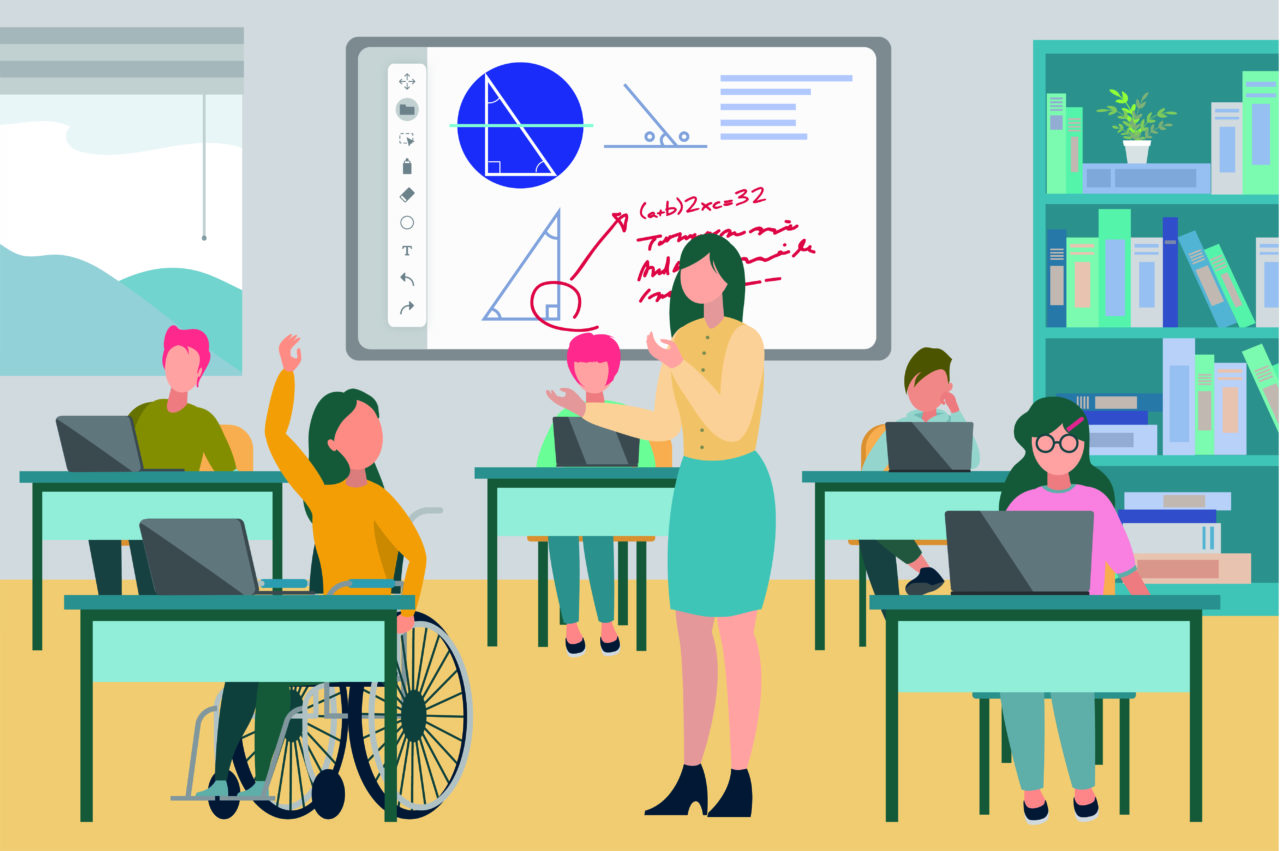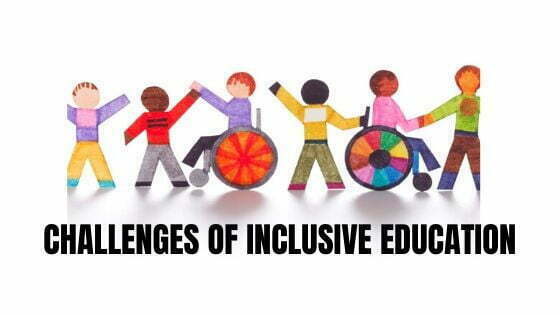This article discusses the use of Edtech (educational technology) in special education and inclusion classrooms. It explores the benefits and challenges of using Edtech to support students with special needs and provides examples of innovative Edtech tools and platforms that are making a difference in classrooms around the world.
Technology has the potential to transform education, making learning more engaging, accessible, and effective for students of all abilities. In particular, Edtech has the power to revolutionize special education and inclusion classrooms, providing new tools and resources to support students with a wide range of needs.
In this article, we will explore the benefits and challenges of using Edtech in special education and inclusion, and provide examples of innovative Edtech tools and platforms that are making a difference in classrooms around the world.
Benefits of Edtech in Special Education and Inclusion

Edtech offers many benefits for students with special needs, including:
- Personalized Learning: Ed-tech tools can be customized to meet the unique needs and abilities of each student, providing personalized learning experiences that can help to improve engagement and outcomes.
- Increased Accessibility: Ed-tech can help to make learning more accessible for students with disabilities, providing alternative modes of communication, adaptive technologies, and other supports.
- Enhanced Engagement: Ed-tech can help to increase student engagement by providing interactive, multimedia-rich learning experiences that are more engaging and stimulating than traditional classroom instruction.
- Data-Driven Instruction: Ed-tech tools can collect data on student performance, allowing teachers to track progress, identify areas of need, and provide targeted interventions.
- Collaboration and Communication: Ed-tech tools can facilitate collaboration and communication among students, teachers, and parents, fostering a more inclusive and supportive learning environment.
Examples of Edtech for Special Education and Inclusion
There are many innovative Ed-tech tools and platforms that are designed specifically for students with special needs. Here are just a few examples:
- Assistive Technology: Assistive technology is any tool or device that helps a student with a disability to participate more fully in school and other activities. This can include anything from adapted computer keyboards and specialized software to communication devices and sensory aids.
- Gamification: Gamification is the use of game design principles in non-game contexts, such as education. In special education and inclusion, gamification can be used to make learning more engaging and motivating for students with a wide range of needs.
- Virtual and Augmented Reality: Virtual and augmented reality technologies can be used to create immersive learning experiences that are especially helpful for students with disabilities. For example, students can explore historical sites or scientific concepts in a virtual environment, or practice social skills in a simulated social setting.
- Communication and Language Learning: Ed-tech tools can be used to support students with communication and language challenges, such as those with autism or speech disorders. These tools can include speech-to-text software, language learning apps, and other assistive technologies.
Challenges of Edtech in Special Education and Inclusion

While Edtech offers many benefits for students with special needs, there are also challenges that need to be addressed. These include:
- Cost: Many Edtech tools and platforms can be expensive, making them inaccessible to schools with limited budgets.
- Implementation: Edtech tools require training and support for teachers, as well as infrastructure to support their use. This can be challenging for schools that are already stretched thin.
- Accessibility: While Edtech can help to make learning more accessible for students with disabilities, it is important to ensure that the technology itself is accessible to all students, including those with visual, hearing, or motor impairments.
- Privacy and Security: Edtech tools often collect sensitive student data, raising concerns about privacy and security. It is important for schools to have policies and procedures in place to protect student data and ensure that Edtech tools are used responsibly.
- Equity: There is a risk that Edtech could widen existing equity gaps if students from low-income or marginalized communities are unable to access the same resources as their more affluent peers.
- Overreliance on Technology: It is important to remember that Edtech is a tool, not a replacement for good teaching practices. Overreliance on technology can lead to a loss of human connection and interaction, which is especially important for students with disabilities.
Conclusion:
Edtech has the potential to transform education for students with special needs, providing new tools and resources to support personalized learning, increased accessibility, enhanced engagement, and data-driven instruction.
However, there are also challenges that need to be addressed, such as cost, implementation, accessibility, privacy and security, equity, and overreliance on technology.
By carefully considering the benefits and challenges of ed-tech, educators can make informed decisions about how to best support students with special needs and ensure that they have access to the resources they need to succeed.








